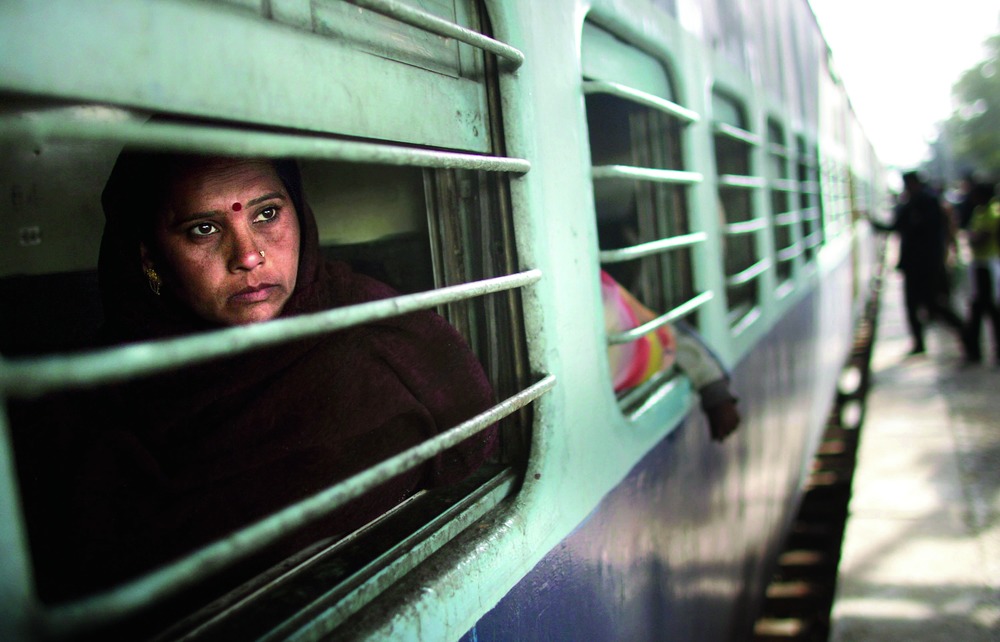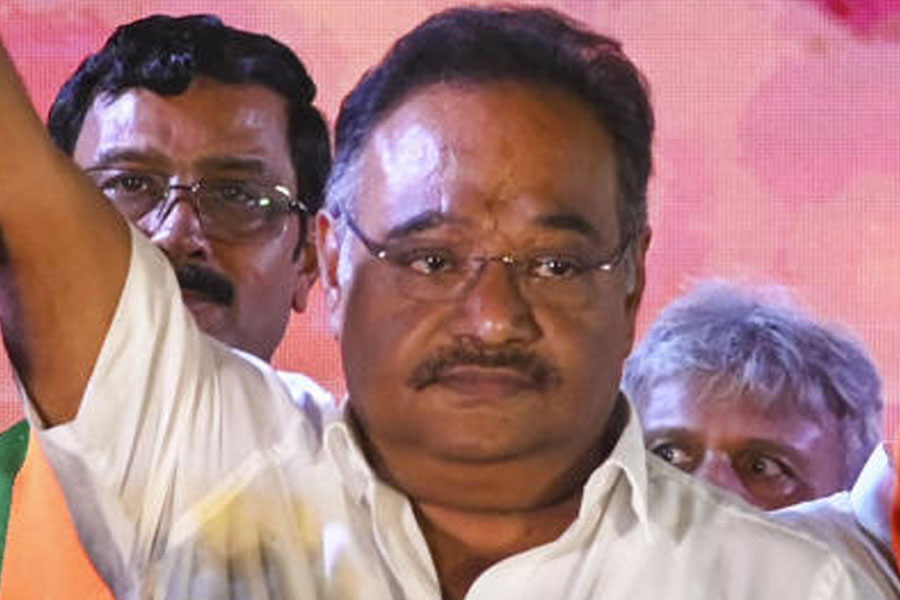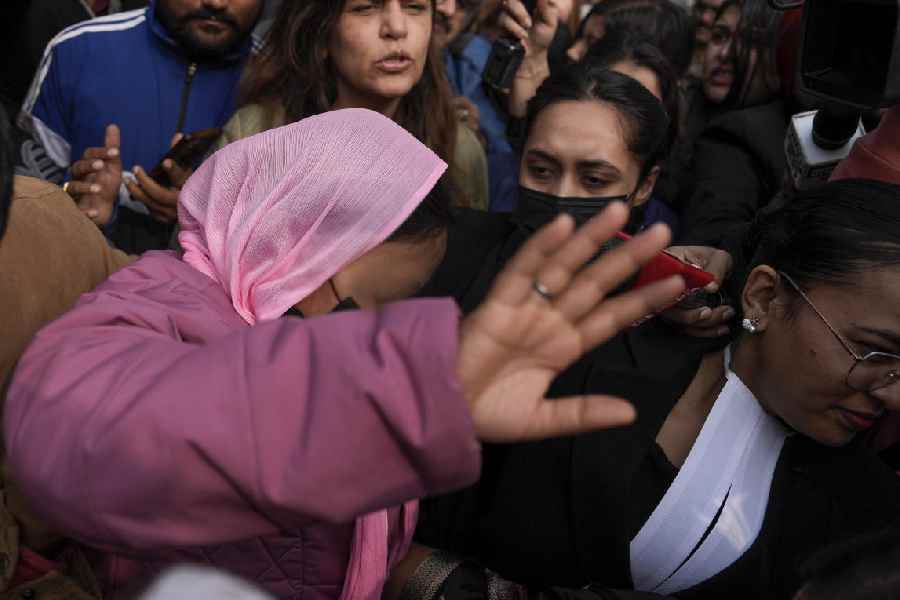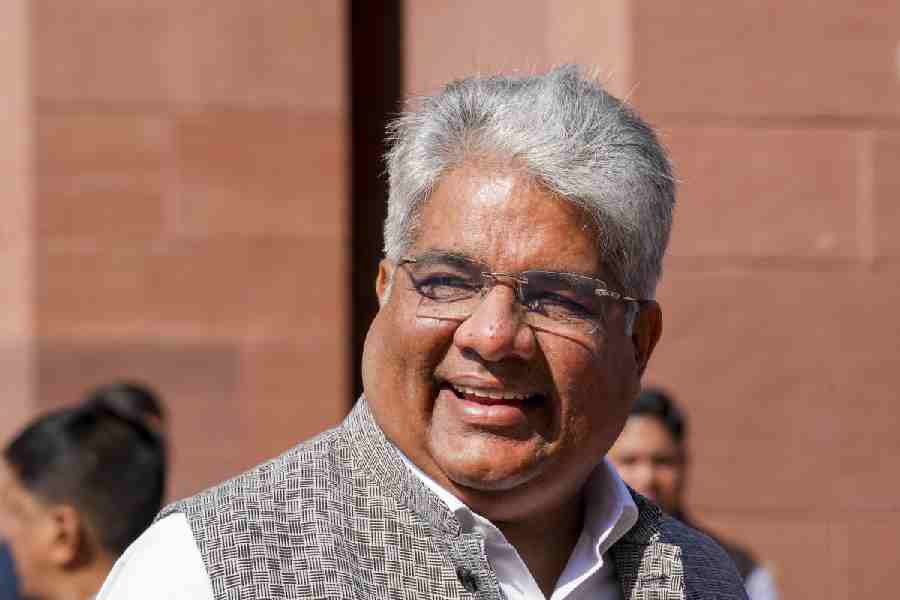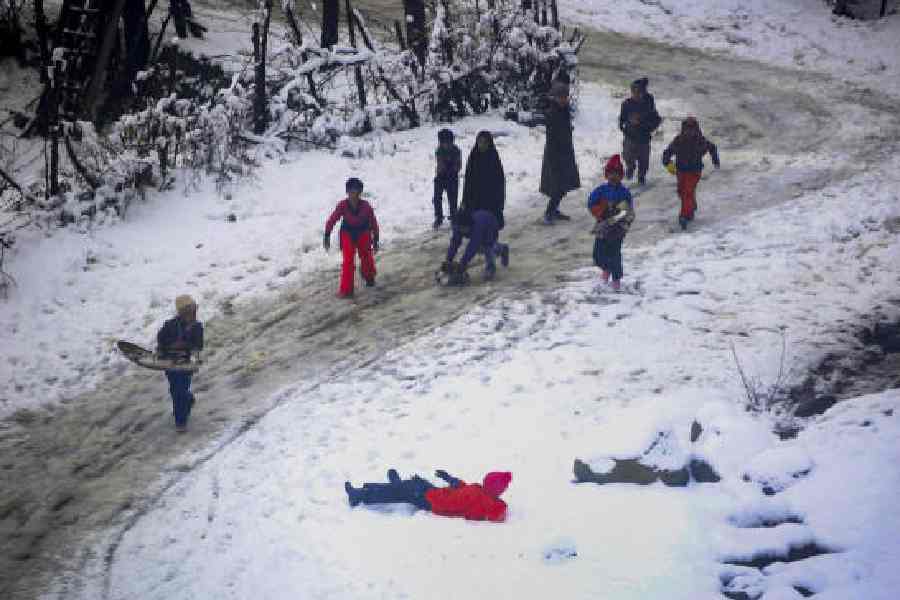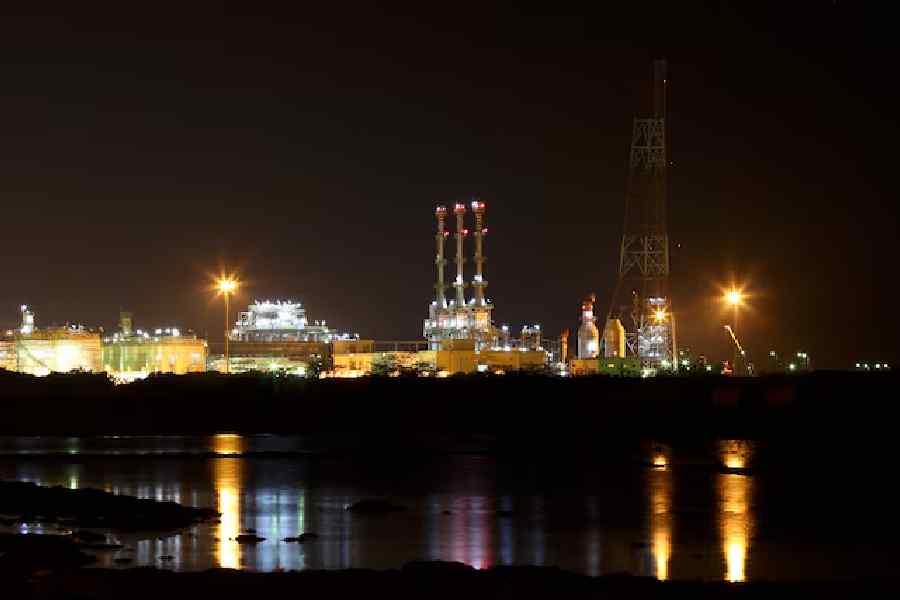
In a relatively short but eventful tenure as the Union power minister from 2000 to 2002, Suresh Prabhu became known for his punishing schedule, eye-catching presentations before Prime Minister Atal Bihari Vajpayee, ambitious reforms and constant search for new sources of funding for his ailing ministry.
Prabhu, 63, has done much of the same in his new avatar as railway minister ever since he took over in November 2014. Only, he has lasted longer and has more time to implement his plans. He also owns the most active Twitter account in the Union Cabinet and runs a robust team to take care of complaints related to his ministry on social media.
His office on the second floor of Rail Bhavan in central Delhi is buzzing. People waiting for their turn to meet him are instructed not to exceed their time limit and it is one long relay race of meetings the whole day. "He has changed three private secretaries in two years. They simply cannot withstand the pressure and they ultimately crack," chuckles a ministry official.
The ministry, at this time of the year, usually hums with last-minute preparations of the rail budget. Prabhu and Rail Bhavan have been robbed of their annual ritual - for the first time, the rail budget has been dovetailed into the annual budget.
But the problems of Prabhu's ministry are too big to be buried in the details of the unified budget to be presented by Union finance minister Arun Jaitley on February 1. The last one year has been the worst in recent memory when it comes to rail accidents. The latest being the passenger train derailment in Andhra Pradesh on January 21, 2017, resulting in nearly 40 deaths. The Indian Railways (IR) has also failed to meet its own passenger and freight traffic targets for the year, according to the latest figures.
The writing on the wall is clear. "The fourth largest railway network is carrying the world's largest passenger business and also the world's fourth largest freight volume. And this is happening on an ageing track. That is the biggest crisis the IR is facing," says R. Sivadasan, former finance commissioner, IR. "No railway system anywhere in the world has been stretched to such an extent," he adds, calling for immediate enhancement of the safety standards "before anything else".
Prabhu no doubt manages a behemoth of an organisation that operates around 19,000 trains a day over 65,000 kilometres of routes carrying around 2.3 crore passengers each day, with 1.4 million dedicated hands.
But when he was brought into the Cabinet by Prime Minister Narendra Modi, Prabhu was expected to turn the behemoth around, change it from a ministry of dole-outs into a nimble-footed driver of India's growth and development. The dole-outs have gone down, but the railways, under Prabhu, are nowhere near becoming the growth engine for the economy.
"The IR has clearly been falling short of expectations for the last two years. I think the operating ratio will be more than 100 this year which is quite alarming. This will present a very tricky situation," says G. Raghuram, professor, Institute of Management, Ahmedabad, and former Indian Railways Chair Professor at the institute.
The operating ratio indicates the amount of money spent to earn Rs 100. If the ratio exceeds 100, it means that the IR is living beyond its means with nothing to spend on developmental works.
The earnings of the IR are highly skewed. For instance, it spends around Rs 70,000 crore as working expenses and realises only Rs 45,000 as revenues from passenger business, whereas it spends around Rs 70,000 crore and earns around Rs 1.11 lakh crore from freight business. A healthy Rs 40,000 crore profit on freight. But that may not last forever.
"Our freight business is probably one of the best in the world. But if this business goes down, we will be in real trouble," says J.P. Batra, former chairman of the Railway Board. Alarm bells are going off at the ministry as, according to the latest figures, freight has registered a de-growth for the first time in many years and there has been negligible growth in passenger traffic.
The spike in accidents in recent months has not helped matters with the minister coming under intense pressure.
Some blame the breakneck speed that Prabhu has set for himself. "He is so busy listening to so many people and taking so many decisions that his follow-up actions become very weak," says an official. The official points out how Prabhu recently asked his ministry officials to give him a status report on a note he had circulated soon after he took over as minister. "He keeps going back and forth without a focussed approach."
Some of his big-ticket reforms are yet to see the light of day. For instance, he had announced the setting up of a Rail Development Authority, an independent regulator to decide fares and tariffs, two years ago in his maiden budget speech, but that is still hanging fire. Similarly, the building of logistics parks and warehouses to provide last mile connectivity for goods to increase freight business is yet to take off even after two years.
On the passenger side, some of his initiatives including the Gatiman Express, the fastest train in India between Delhi and Agra, has failed to impress critics. It is running far below its capacity despite being on a busy route because of high fares. "The minister must understand that the railways are competing with improved road and air connectivity. People will not pay just because they can sit on the fastest train," Batra says.
Sivadasan says that he can't find many "strong and forthright" officials on the Railway Board or in the ministry who can read the riot act to the minister and tell him not to depend too much on "freelance economists and corporate business leaders" for advice. "They are all hardworking, competent and honest officials but I do not know if they are effective in communicating with their ministers," he says.
Not that there is no visible change on the ground as far as passenger amenities are concerned, as that has been one of the areas that Prabhu has emphasised from time to time. "I see improvement in platform cleanliness and surrounding areas. Passenger amenities within the train have improved too. The minister even responds to complaints on social media," says A.K. Dutta, former member of the Railway Board. His digital initiatives like mobile apps have been lapped up by users. But Dutta complains that train timings have gone from bad to worse. "I have never seen Rajdhani and Shatabdi running so late. There is acute need for capacity building. That needs a strong will and a steady head," he says.
However, others point out that the minister has achieved what his predecessors could only dream of. For instance, rather than running to the finance minister for money, he has been able to raise more than Rs 1.5 lakh crore from external sources like the Life India Corporation and market bonds. He has earmarked a Rs 8.6 lakh crore plan to be spent over the next five years. The Railway Board has been given more powers and regional managers more freedom to take independent decisions and spend money. A data analytics team is being put in place to understand the railways better. The high-speed train corridor between Mumbai and Ahmedabad is on track and all his actions will bear fruit in the next three to five years, they say.
Prabhu has been looking for new streams of revenue also. "He has been looking for non-traditional sources like advertising in trains, digital platforms in stations and others. If you look at other countries, the railway systems' revenues that come from sources other than freight and passenger train fares are substantial," says Rajaji Meshram, director, infrastructure and government services, KPMG India, an international consulting firm.
He is unmoved on one front though - the railway bureaucracy. "There is a huge need to improve operational efficiency from within, but Prabhu is leaving it to the bureaucracy to work it themselves. That's a non-starter," Raghuram says.
"There is a need for corporatisation and influx of domain experts from outside the ministry. But I don't see any such plans on the anvil. The same bureaucracy and babugiri will guard their fiefdoms no matter what," says Saurabh Bandyopadhyay, associate fellow at Delhi's National Council of Applied Economic Research.
But for those who have high hopes from the minister, it is now or never. "If we cannot improve the performance of railways during his tenure, I do not know if we will ever get another chance to save the railways," Sivadasan says.


